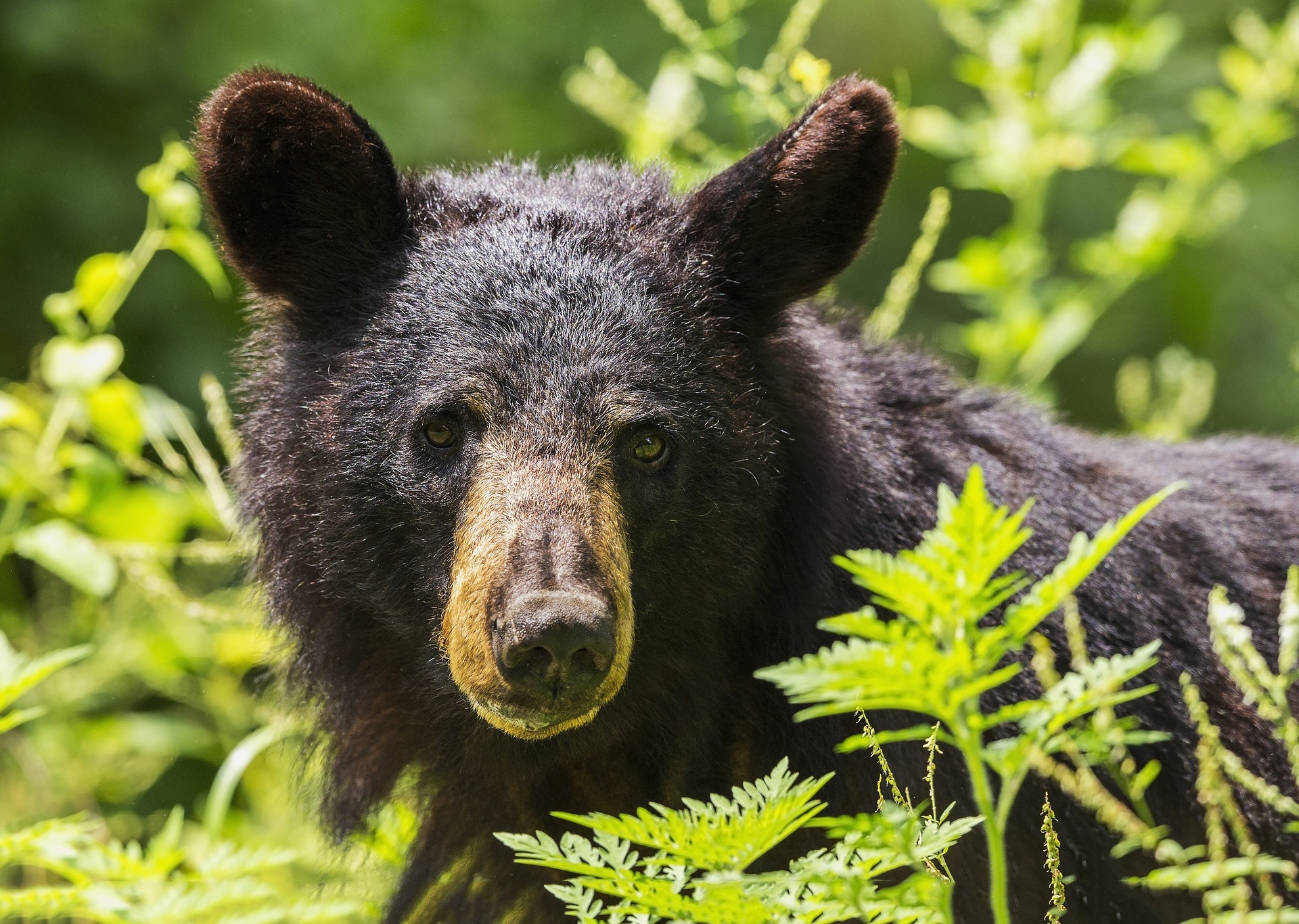Following a black bear being trapped in her car, the same Trail woman reportedly had a bear enter her home.
The first incident occurred on May 17, 2020 and the second took place on the 24th.
Original story: Trail RCMP free bear trapped in vehicle
Though it hasn’t been confirmed whether or not it was the same bear, police say attractants may be a common factor.
“It is believed that the bear had been initially attracted into the area by garbage left outside of a nearby residence,” Sgt. Mike Wicentowich said in a release. “The occupant was returning home when a witness alerted her to the fact that the bear was inside her home. Fortunately, the bear left the home under its own accord and headed westbound on Topping Street before RCMP arrived.”
Conservation officers are monitoring the situation and have set up a bear trap. However, the fate of whichever bear is caught, whether or not is is the same culprit, does not look good.
“Our number one mandate is public safety,” BC Conservation officer Matthieu Souci told MyNelsonNow.com.
To date, Souci said his office has received more than a dozen calls about bears in the West Trail area in the past few weeks.
“For us at the [Conservation Office Service], relocating is not something that is proven to work ,” said Souci, “So of course, if you have a bear that has shown this type of behavior, the sad truth is that this bear is going to have to be euthanized.”
Two bears have been euthanized already, not including the one(s) stalking the residence 2100-block Topping Street residence in Trail, B.C.
The root cause is attractants.
It could be food, garbage, or fruit fallen from a tree that is left out well before garbage pick-up or simply ignored. A bear, or any sort of opportunistic wildlife, will chose the path of least resistance and return to its food source.
Souci said he and his COS partner have gone door to door in the community, educating homeowners about mitigating the problem.
A negligent homeowner could receive an Attract Dangerous Wildlife to Land or Premises fine for $230, or a Dangerous Wildlife Protection Order (DWPO).
“It basically stipulates a game plan and time frame, one day or one week, to clean up and come up with a better solution,” Souci added.
Repeat offenders could face even steeper fines or be called to court if the problem persists.
“There are ways to deal with this well before we get to that stage, but if somebody really took it upon themselves to keep pushing an issue, it impacts the whole community.”
The Kootenays are a vast wilderness where nature meets civilization with no buffer zone.
If you cherish even our most somewhat notorious hunters and scavengers, remember the words:
A fed bear is a dead bear.





